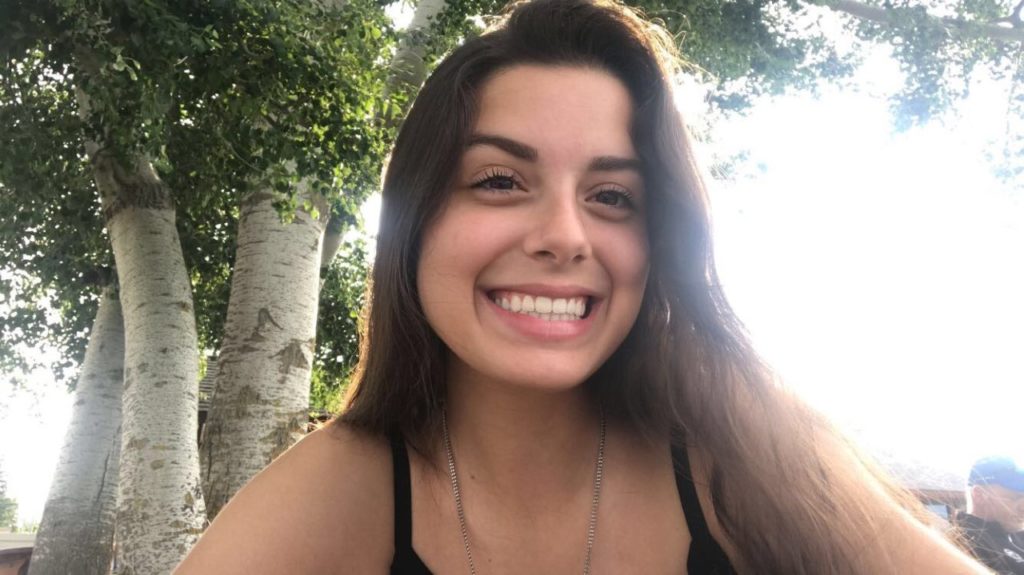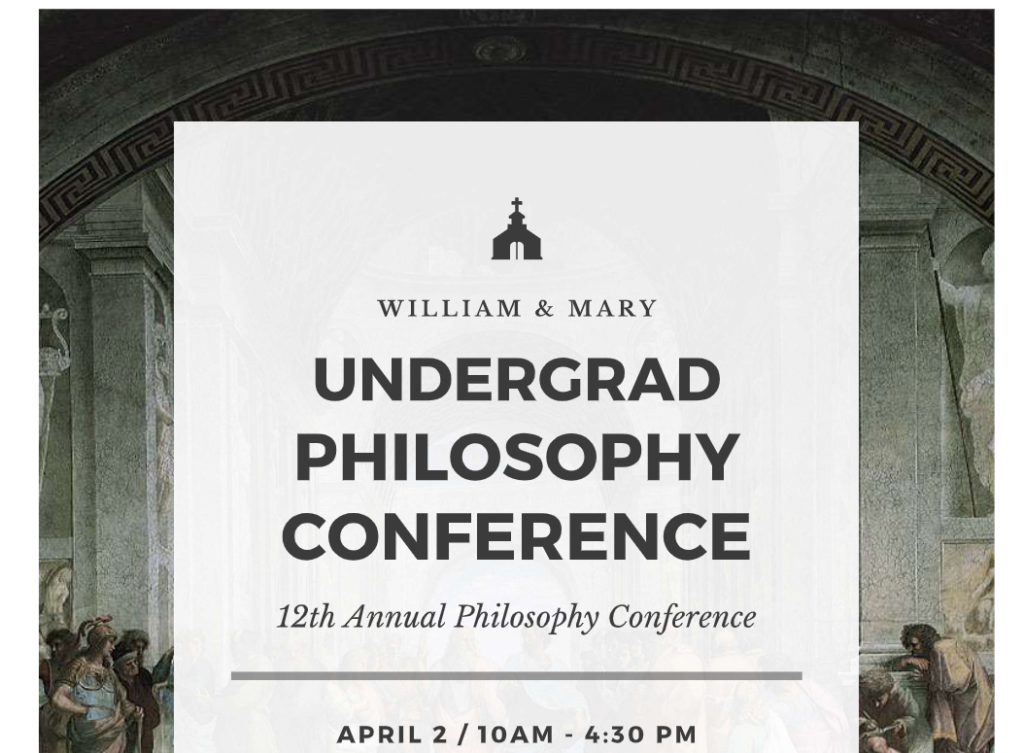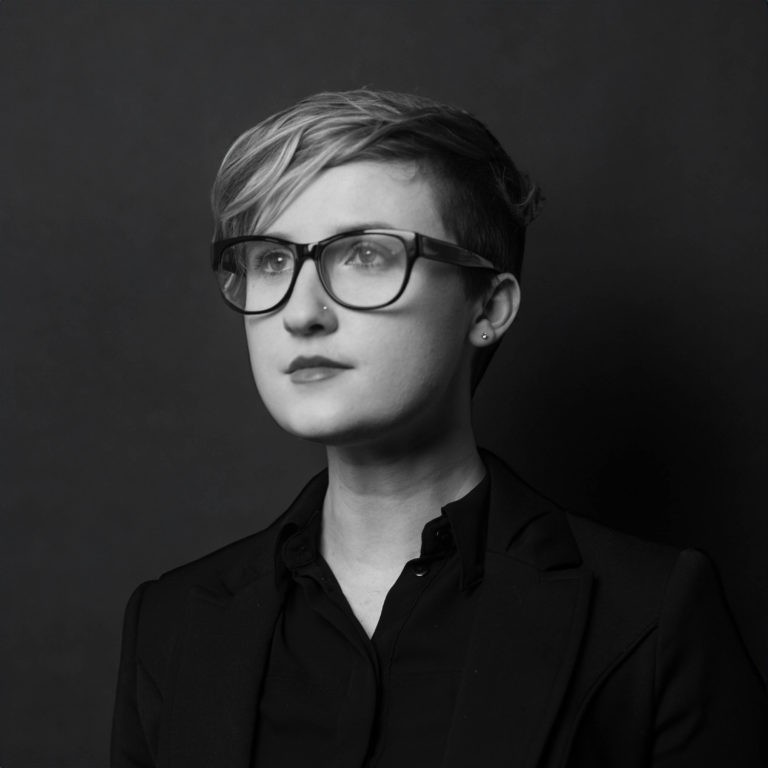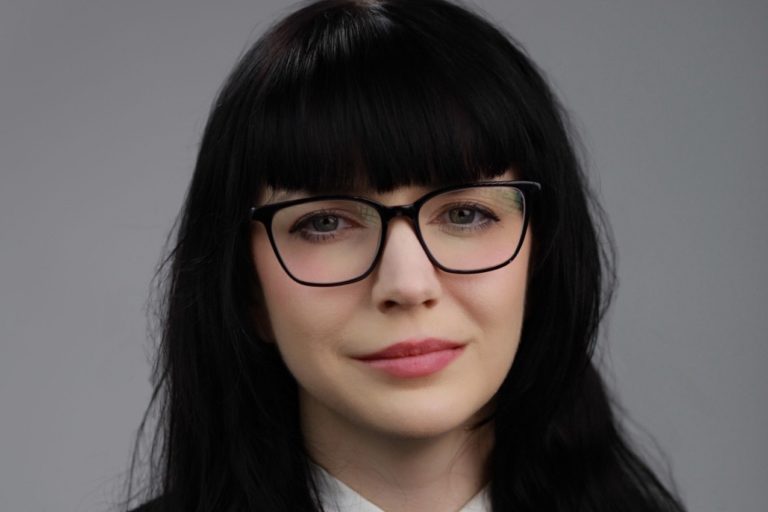As a Philosophy major, Izzy Taylor studied how the philosophies of Karl Marx and Friedrich Nietzsche share traits in some areas and how they differ in others. For Taylor, this research began as a final paper for her 19th Century Philosophy class, titled “Where Marx Underlies Nietzsche, Where Nietzsche Turns on Marx,” and grew into a personal interest in the intersection of philosophy and politics.
Through her research, Taylor wanted to unearth many of the misconceptions the public has when it hears Marx and Nietzsche. She explains how Nietzsche’s ideas are more complex than simply fascism and his association with Nazism. When researching Marxism, she also discovered that Marx’s ideas are more complex than simply communism and socialism. So much of today’s political culture treats intricate and complicated concepts as black and white but Taylor attempts to introduce some gray into those areas.

“Marx is credited for being the founder of historical materialism, a philosophical movement that kind of turned German philosophy on its head…Where the world once was thought to revolve around us, materialists started to think that we were one infinitesimal part of an unfeeling universe,” Taylor said. “All of this is to say that Marx was the one who ushered in materialist methods, and later, Nietzsche radically makes use of them. For two philosophers who are on such opposite sides of the conventional political spectrum (or so people think), they use the same philosophical methods. One could advance that Nietzsche’s political materialism wouldn’t have even been possible without Marx (I won’t, but one could).”
Taylor presented her research at the William & Mary 12th Undergraduate Philosophy Conference in April. Her attendance at the conference was made possible with support from the Department of Philosophy’s Hall-Hanna Fund, which gives financial support to students for conference participation.
“I’ll never forget how grateful I am to have been able to major in something I truly love, something I want to study for its own sake. I’m going to miss it! ”
Izzy Taylor
Graduating this spring with dual degrees in Philosophy and Political Science, Taylor says, “…philosophy is my passion, and I‘ve found a way to make it work for me by combining it with more marketable skills like political science and economics. Even if I end up going into one of the latter two disciplines professionally, I’ll never forget how grateful I am to have been able to major in something I truly love, something I want to study for its own sake. I’m going to miss it! ”
During her time at MSU, Taylor has had much practice when it comes to becoming a gifted researcher with a fervor for her field.

After graduation, Taylor plans to pursue a career in academia. This summer she has an internship with Brookings Institution, the foremost think tank in Washington, D.C. Eventually, she would like to return to school to earn a Ph.D. and teach philosophy or political science.
She credits much of her success and many of her accomplishments to the faculty and staff at Michigan State University’s College of Arts & Letters.
“I simply don’t have enough room to list all the amazing professors I’ve had in the Philosophy Department who’ve pushed me, encouraged me, and endured countless emails and hours of questions from me.”
Izzy Taylor
“My advisor, Amy Lampe, has helped me more than I can ever express here,” Taylor said. “From day one when I walked into her office having just changed my major from Chemistry to Philosophy and having no idea what I was going to do with that, she helped me get into classes, strike up relationships with professors, and provided endless moral support for years afterward. She is an absolute gem.”
“And I simply don’t have enough room to list all the amazing professors I’ve had in the Philosophy Department who’ve pushed me, encouraged me, and endured countless emails and hours of questions from me.”
While Taylor acknowledges many faculty members helped her along the way, some who had a singular influence on her include Professors Emily Katz, Todd Hedrick, and Jason Mask.
Written by Hannah Diggs


